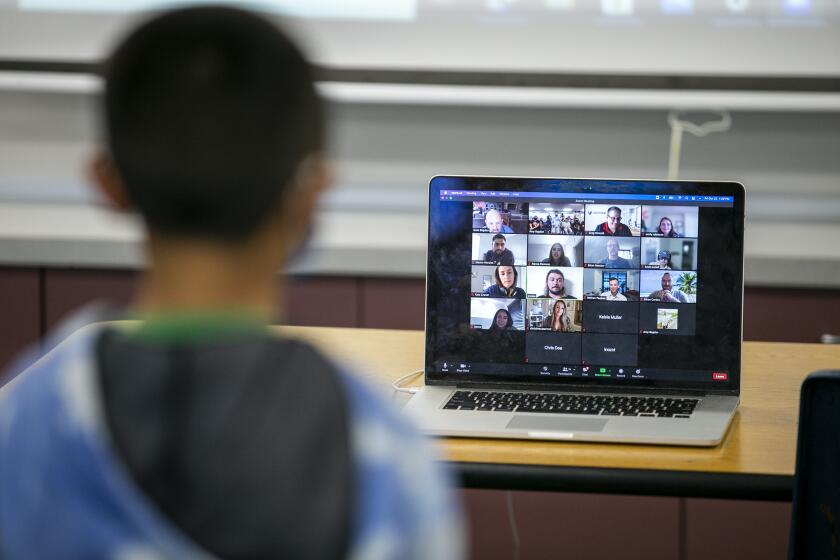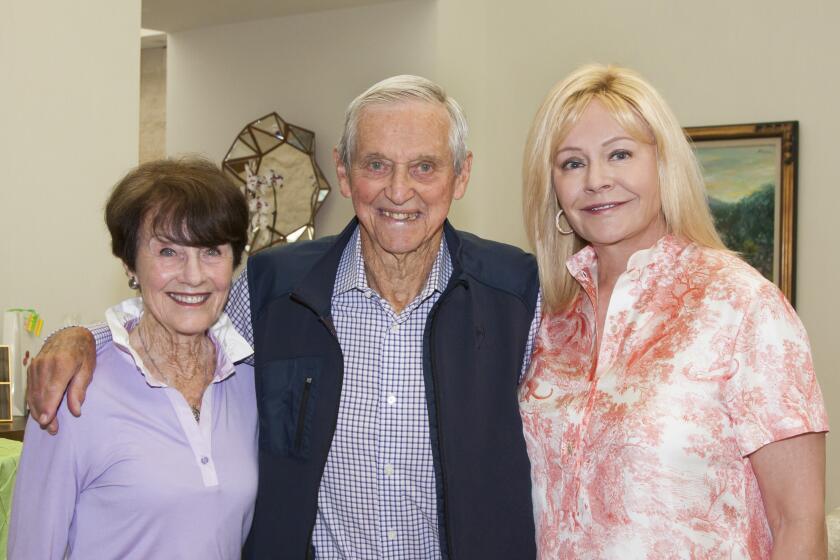Commentary: Reluctance to think creatively stopped the City Council from approving the Plant
The world is not black and white. It is far too complicated, too interconnected and too dynamic for us to draw lines in the sand and then refuse to ever move them or reconsider our positions.
To be a leader in this complex world, one must review available data and make the best decisions possible with the information provided, recognizing that the options we are presented inherently frame our decision-making.
However, as Daniel Kahneman points out in one of my favorite books, “Thinking Fast and Slow,” most of us inherently default to the path of least resistance in our thinking.
We find it easier to make every decision a choice between two options without contemplating why we’ve limited ourselves to only two in the first place. And we rarely pivot to truly thinking outside of the box.
This limited way of decision-making was again on display at the last Costa Mesa City Council meeting.
The discussion surrounding a proposed new mixed-use development, the Plant, moved with lightning speed from Point A.) whether the project was indeed under-parked to Point B.) how much money the applicant should pay toward a parking garage.
There was very little discussion of other alternatives. More than once a City Council member drew a line in the sand, saying they would not support the project unless they got their way.
Never mind that we don’t have a parking garage construction plan in sight or even a location of where we might build one, or that modern cities are increasingly pivoting from traditional parking standards and embracing car sharing. Our City Council hit an impasse, and the Plant was summarily rejected.
We need a City Council that can look past artificial false choices. We need folks who can consider, “Do we have the data we need to make a good decision?”
For example, have we inventoried all of the available parking in SoBeca — a shopping and dining development where parking arguments are habitually shared at Planning Commission and City Council meetings — or are we relying on anecdotes about that one time you tried to go to Umami Burger on a Friday night at 7 in the summer and couldn’t find parking?
Have we surveyed the area to see if the parking methodology is adequate? In fact, during the council meeting, there was no actual evidence presented to support the claim that the project was under-parked in the first place.
I recognize that by the time a project has come back to City Council for a second time, it’s probably too late to get creative.
But it’s certainly not too late for some fresh thought about SoBeca and about our parking standards. Developments like the Plant allow us the opportunity to exert some creativity in our decision-making and challenge our assumptions.
The passage of Costa Mesa’s Active Transportation Plan has opened the door to pursuing transportation grant funding for non-vehicular methods of transportation. The Bikeway and Walkability Committee is looking into bike-sharing programs. Other cities have found success with “streetcars,” trolleys or buses, in high-volume areas.
We need folks in leadership positions who are open to consider new information, pursue the collection of new data, if sufficient information doesn’t exist, and to make the most-informed decisions possible for the future we want to have, not the past that haunts us.
The ironic part of the expression “to draw a line in the sand” is that sand is perhaps the least-constant medium upon which to stake a claim. You never know when a wave might change everything. It’s time for some new thinking on the City Council.
Andrea Marr is a Costa Mesa City Council candidate.
All the latest on Orange County from Orange County.
Get our free TimesOC newsletter.
You may occasionally receive promotional content from the Daily Pilot.



